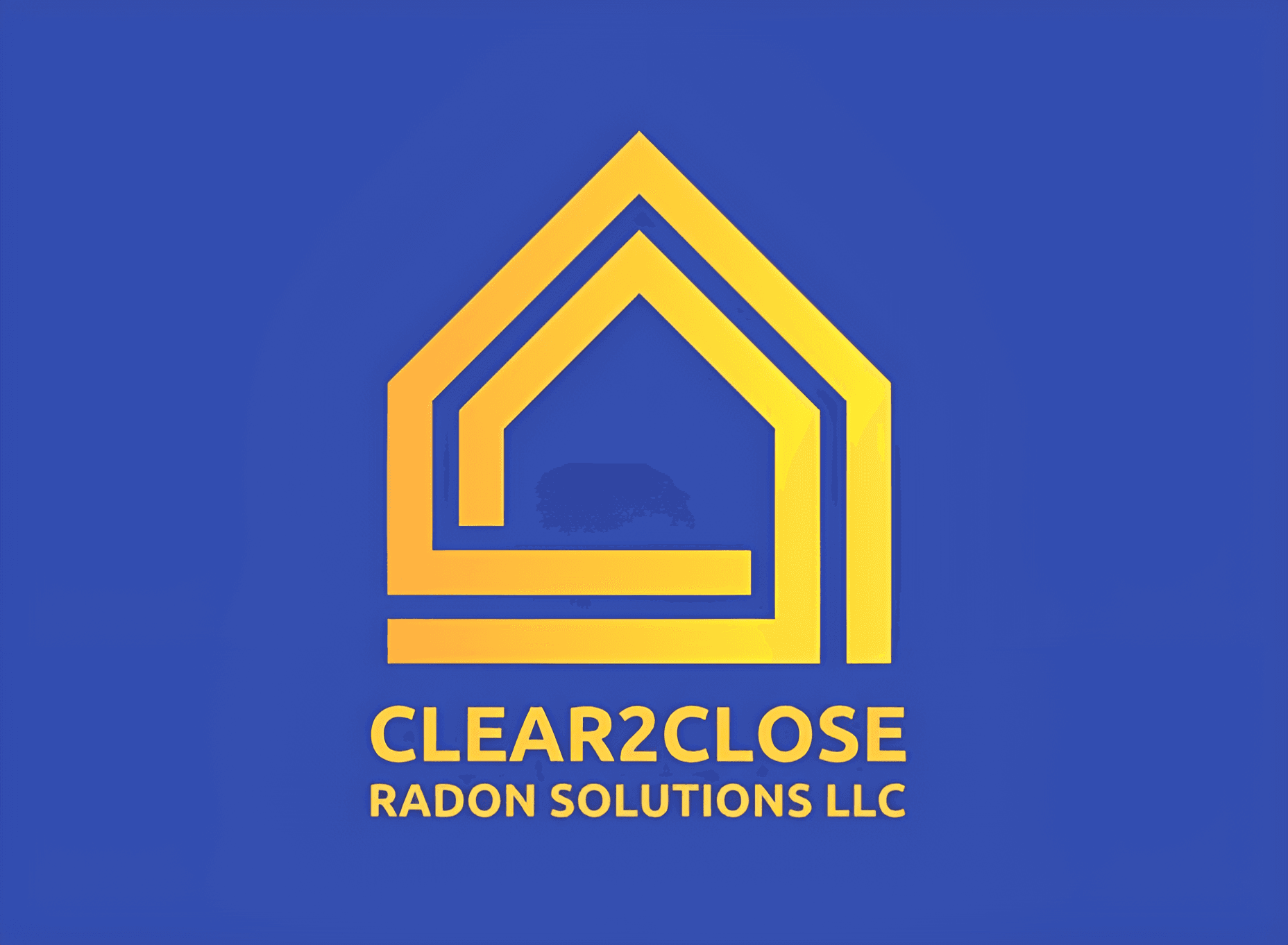Frequently asked questions
What is radon mitigation?
Why is radon mitigation important?
How long does a typical radon mitigation installation take?
What is the cost of installing a radon mitigation system?
How do you test for radon levels?
Radon FAQ – Clear 2 Close Radon Solutions
Common Questions About Radon, Testing, and Mitigation
At Clear 2 Close Radon Solutions, we know that many homeowners and real estate professionals have questions about radon.
Here are answers to the most common ones — designed to help you understand the risks and solutions.
What is radon gas?
Radon is a naturally occurring, colorless, odorless gas produced by the breakdown of uranium in soil and rock. It can seep into your home through cracks in the foundation and build up to unsafe levels indoors.
Why is radon dangerous?
Radon is the second leading cause of lung cancer in the United States, according to the EPA. Long-term exposure to elevated radon levels can damage lung tissue, even in non-smokers.
How do I know if my home has radon?
The only way to know is through radon testing. Radon cannot be seen, smelled, or tasted, so testing is essential for all homes, regardless of age, style, or location.
When should I test for radon?
When buying or selling a home
Every 2–5 years as part of routine home maintenance
After any major renovations or foundation work
When adding new living space in a basement or lower level
What is a safe radon level?
The EPA recommends taking action if radon levels are 4.0 pCi/L (picocuries per liter) or higher. Some homeowners choose to mitigate at levels above 2.0 pCi/L for extra safety.
How does radon mitigation work?
A mitigation system uses a vent pipe and fan to draw radon gas from beneath your home and safely release it outside, preventing it from entering your living space.
How long does radon mitigation take?
Most mitigation systems can be installed in one day. We also provide post-installation testing to ensure your system is working effectively.
How much does radon mitigation cost?
Pricing depends on your home’s foundation type, size, and the complexity of installation. Contact us for a free estimate.
Is radon mitigation covered by insurance?
Typically, homeowner’s insurance does not cover radon mitigation. However, it’s often a worthwhile investment for health protection and real estate transactions.
Do radon levels change over time?
Yes. Seasonal changes, weather patterns, and home modifications can all affect radon levels, which is why periodic testing is important.
What areas do you serve?
We provide radon testing and mitigation in:
Brighton, Whitmore Lake, Hamburg, Milford, Pinckney, Howell, South Lyon, Genoa Township, Ann Arbor, Dexter, Novi, Farmington Hills, Canton, Chelsea, Belleville, Waterford Township, Fowlerville, Wixom, Troy, Royal Oak, Sterling Heights, Ypsilanti, West Bloomfield, Auburn Hills, Southfield, and other nearby Southeast Michigan communities.
➡️ View Full Service Area List
Protect Your Home from Radon
Ensure your family's safety with our expert radon mitigation services in Brighton. Our team provides reliable solutions to reduce radon levels effectively, safeguarding your health.
